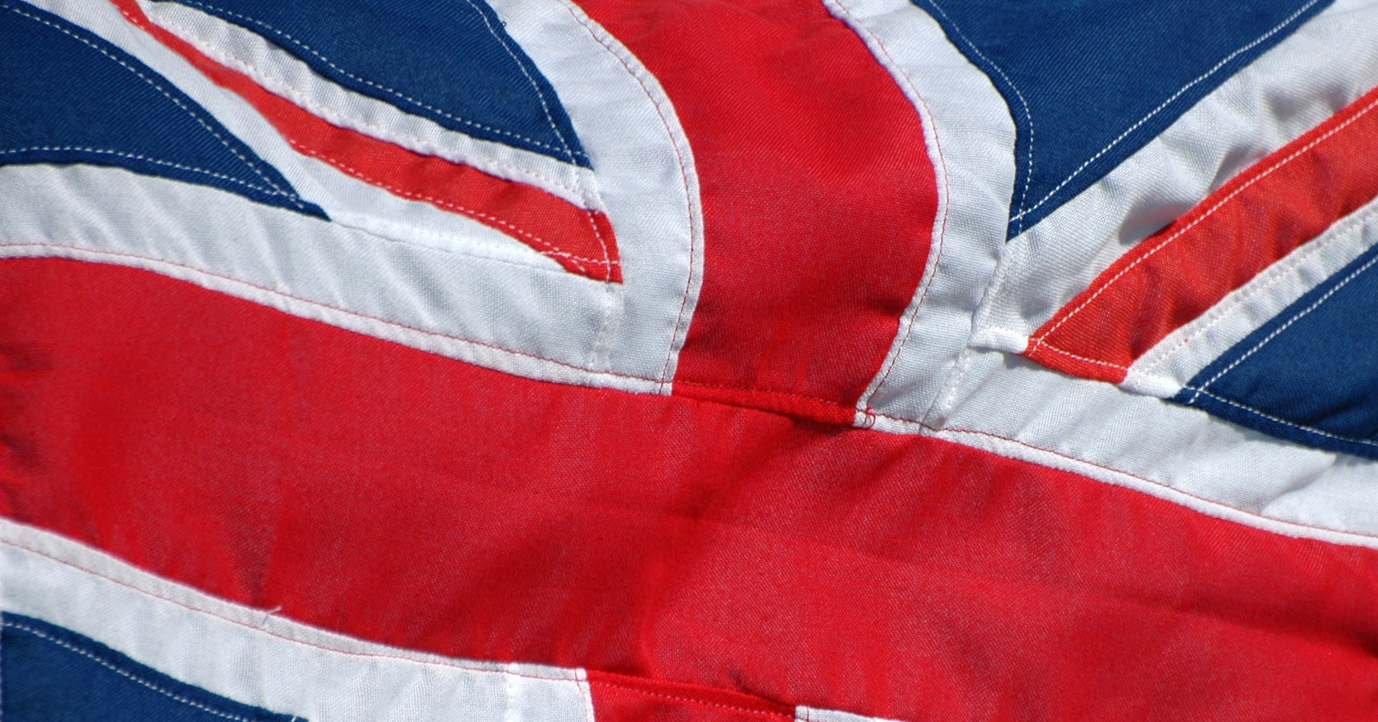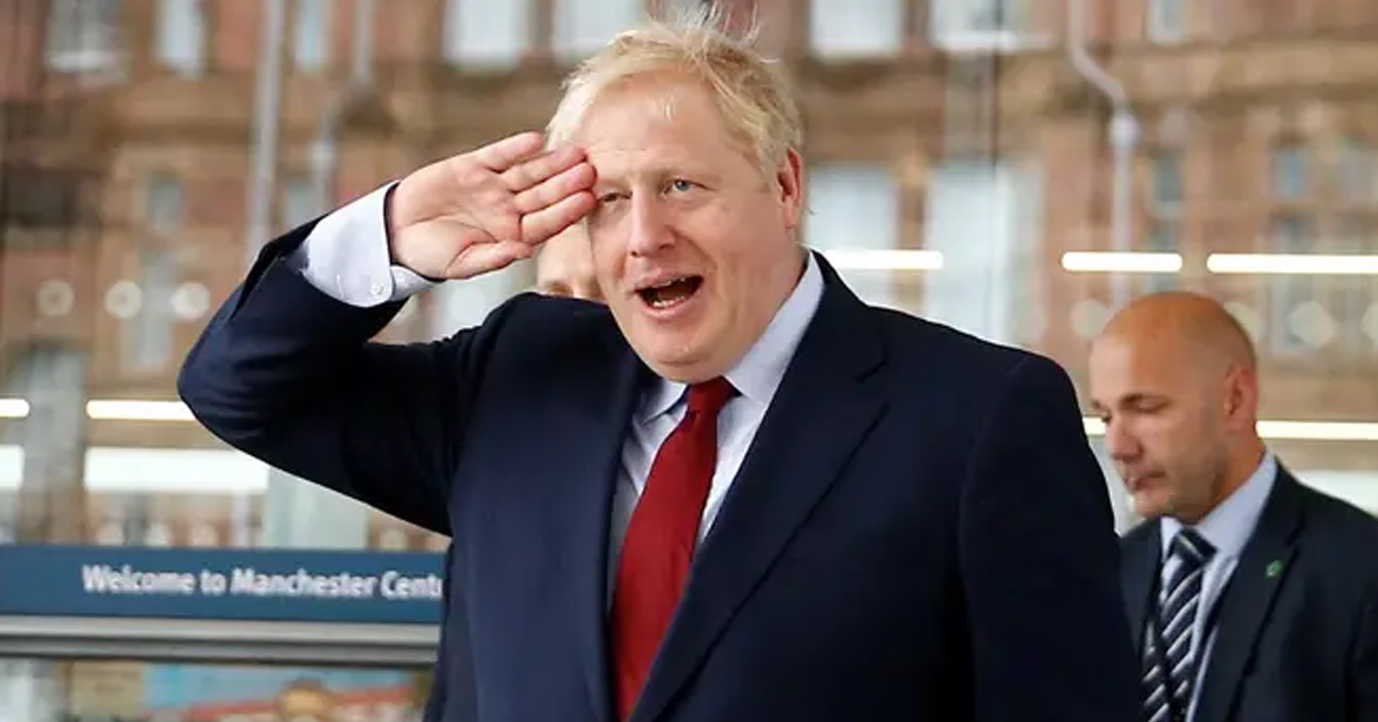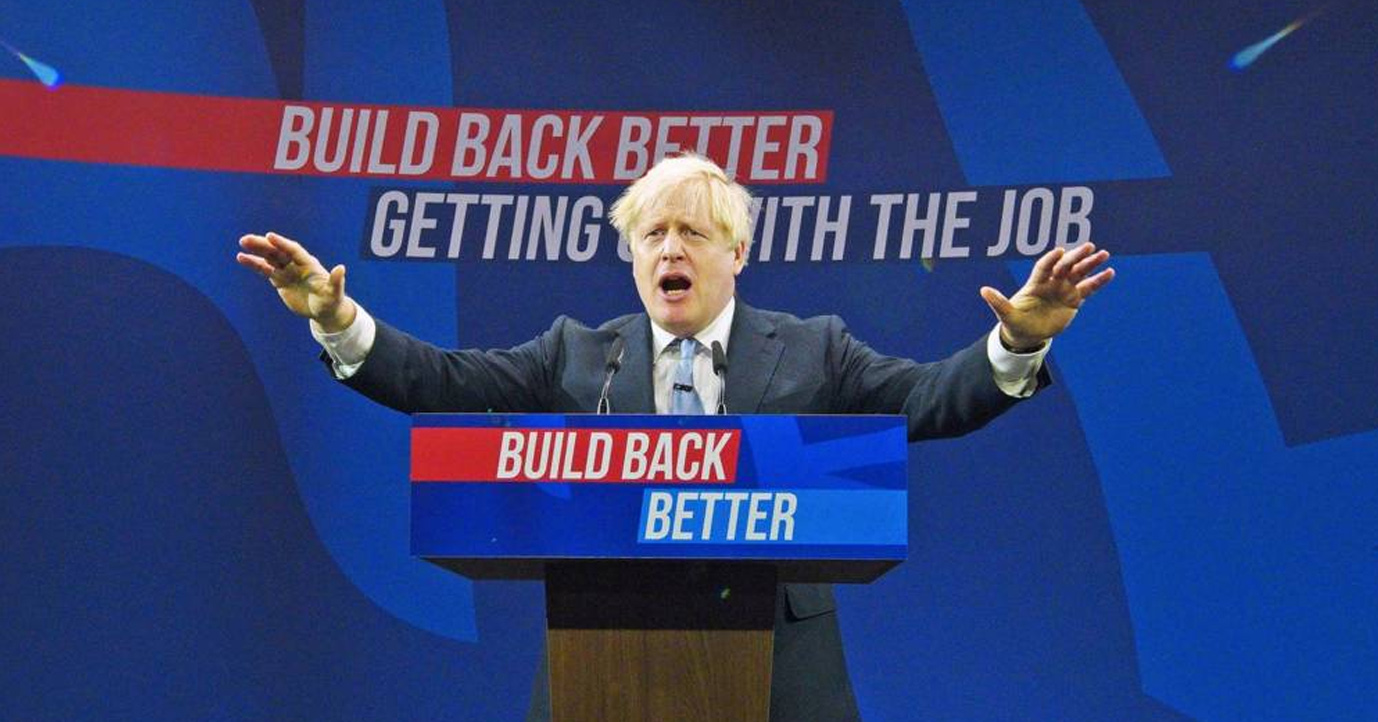
This article was first published in the Telegraph
It seems ironic, when we remember the sound and fury generated on both sides of the referendum campaign, that the biggest sticking point in the Brexit negotiations – the Irish border – is one that was hardly mentioned before the vote. As with so much in politics, how you see this conundrum depends on who you are and where you sit.
My latest research finds that for Nationalists in Northern Ireland, the practicality of customs checks is almost beside the point: any kind of border in an island that they see as one country is unthinkable. For them, avoiding a hard border eclipses any other potential goal of the Brexit negotiations.
But most Unionists in Northern Ireland, especially those who voted to leave the EU, believe the border issue is being deliberately exaggerated. Most think technology would make customs checks quick and easy, and do not believe a border must necessarily be a problem: as one North Antrim voter put it, “there are countries in the EU that have got a border with non-EU countries. Look and learn.” Avoiding a hard border came much lower on the Unionists’ Brexit priority list than ensuring the UK could negotiate its own trade deals and was no longer bound by EU rules.
This view is heartily shared by Leave voters in England, Scotland and Wales. Given the choice of leaving the customs union and avoiding a hard border between Northern Ireland and the Republic, two thirds of them said they would rather leave the customs union.
But while Northern Ireland Unionists are determined that they should have the same deal as the rest of the UK, only one third of voters in Britain say it would be unacceptable for Northern Ireland to have a different EU status from the rest of the country; almost as many say this would be tolerable to get a workable deal.
There is more uncomfortable news for Unionists. A majority in Britain said Northern Ireland’s place in the UK was up to its people to decide – but if the province voted to leave, most said they wouldn’t mind either way. We also asked Leave voters in Britain whether they would leave the EU, or keep England, Scotland, Northern Ireland and Wales together in the UK, if it were impossible to do both. Most, including more than seven in 10 Tory voters, said they would rather leave the EU.
Most people on both sides think the Brexit process is taking too long. Remainers largely blame politicians pushing for a hard Brexit, but Leave voters accuse those who want to prevent or soften our withdrawal, or the EU and European governments. While no-one envies Theresa May her task, leavers say they would see any extended “implementation period”, during which the UK continued to abide by Brussels rules, as an excuse for keeping us in the EU for as long as possible, rather than a genuine attempt to get our post-Brexit arrangements right.
Given these views – impatience with the process, determination for the UK to operate an independent trade policy, and the suspicion that Brexit opponents are deliberately throwing up hurdles – it is not hard to imagine how Leave voters would react if told the UK would not be taking back as much control as they hoped because of the Irish border, an issue they believe is being blown out of proportion.
Those who have pondered Brexit’s consequences for UK union have usually focused on the resentment felt in places where majorities voted to remain in the EU. There is certainly something in this. To many of the Remain voters we spoke to in Northern Ireland, their neighbour looked comparatively more modern and prosperous by the year. When we asked how people would vote in a referendum tomorrow, staying in the UK outpolled unification by just 49 per cent to 44 per cent. (Steady on, came the reply: a majority in the Republic said they were in favour of a united Ireland in principle, but it would not be practical or affordable for them in the next few years).
But there is another risk: that a question like the Irish border, which most Leave voters see as a relatively minor practical issue that could be resolved, should prevent the majority getting the Brexit they think they voted for.


